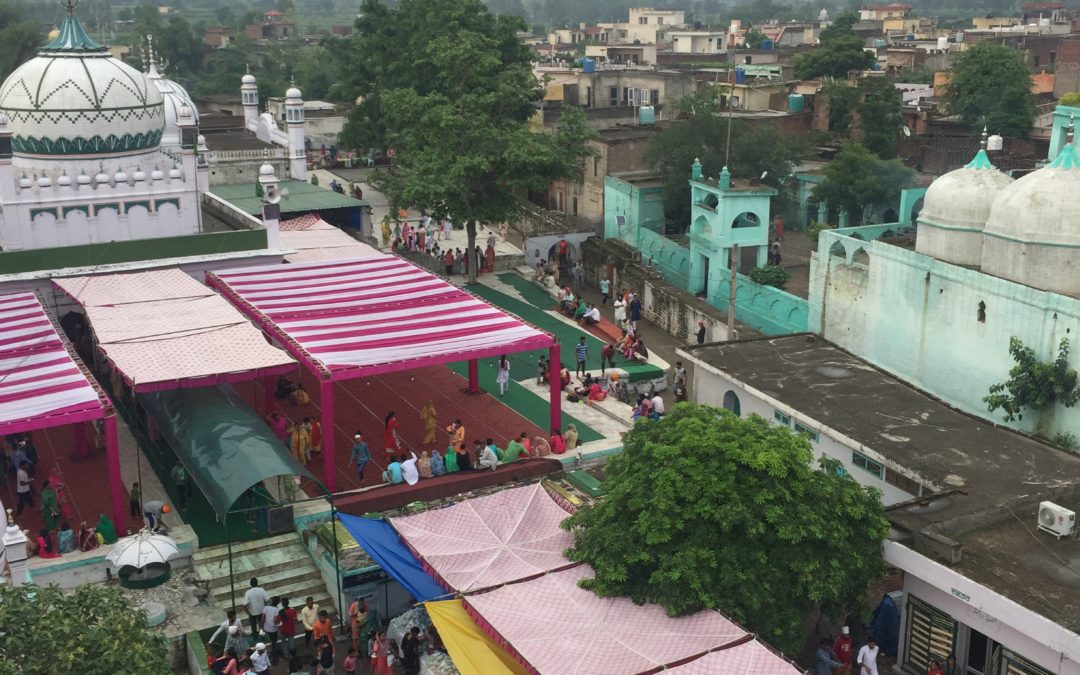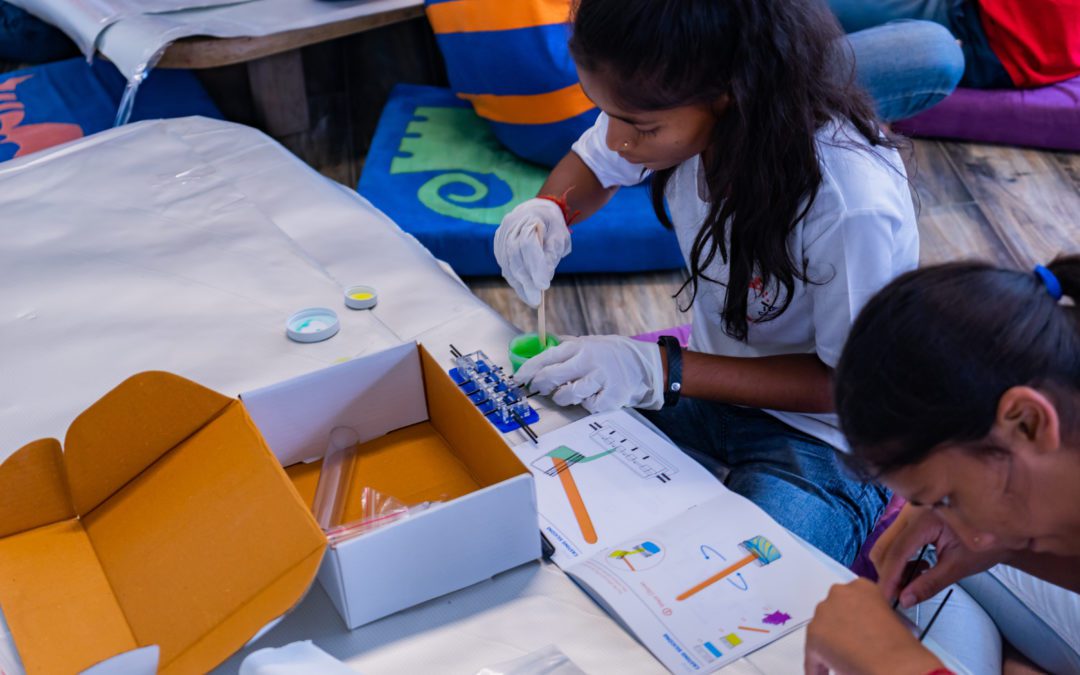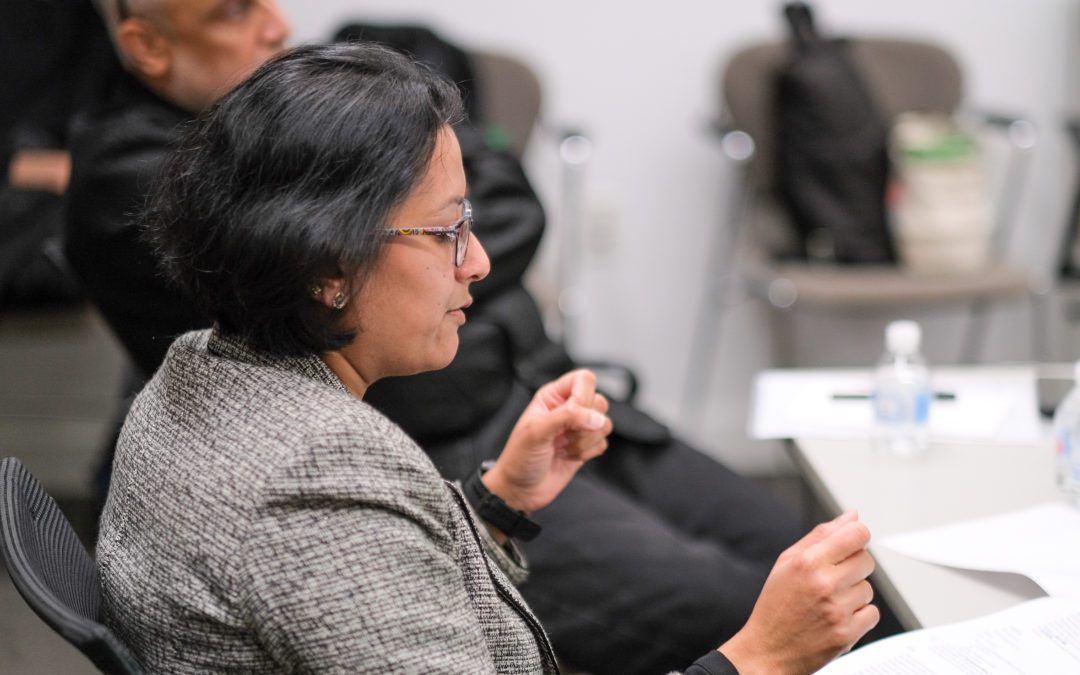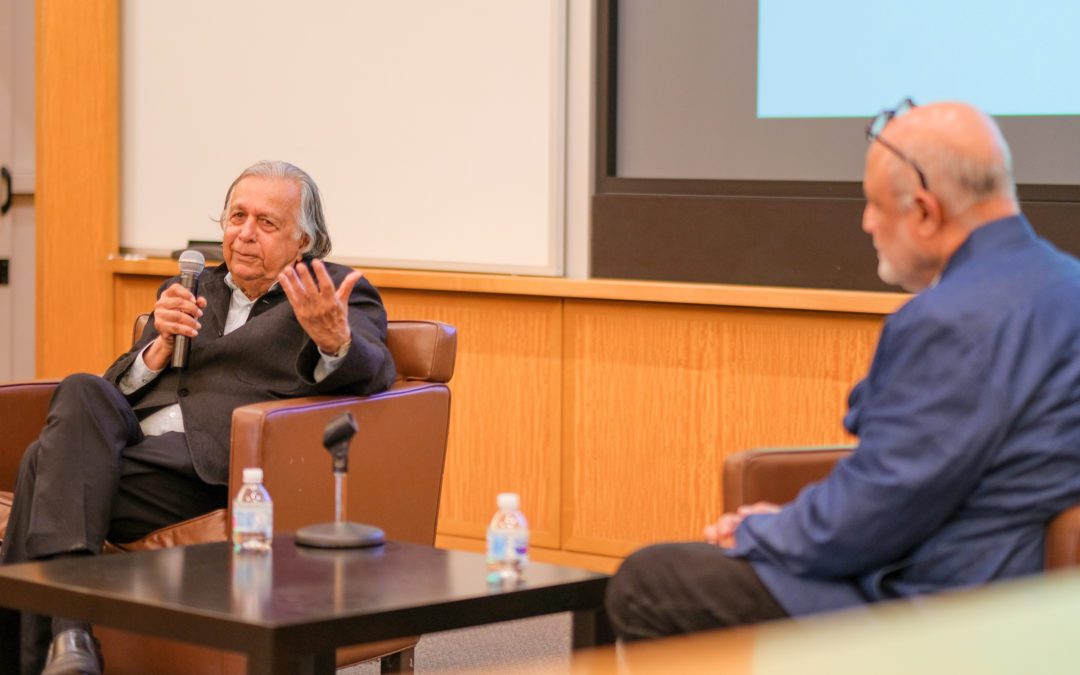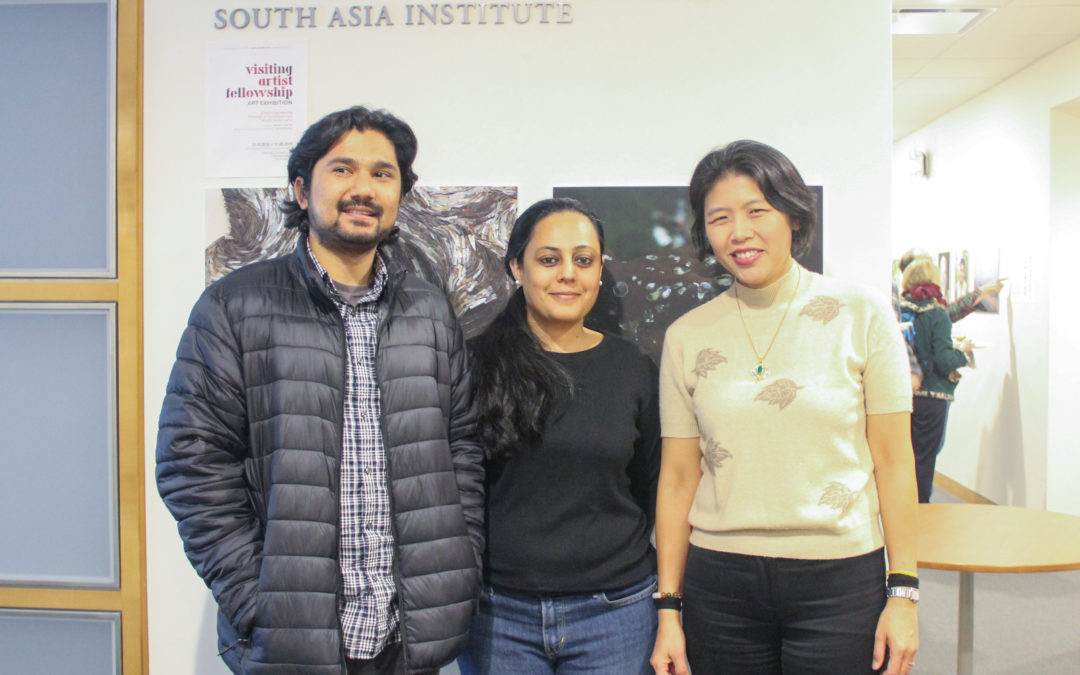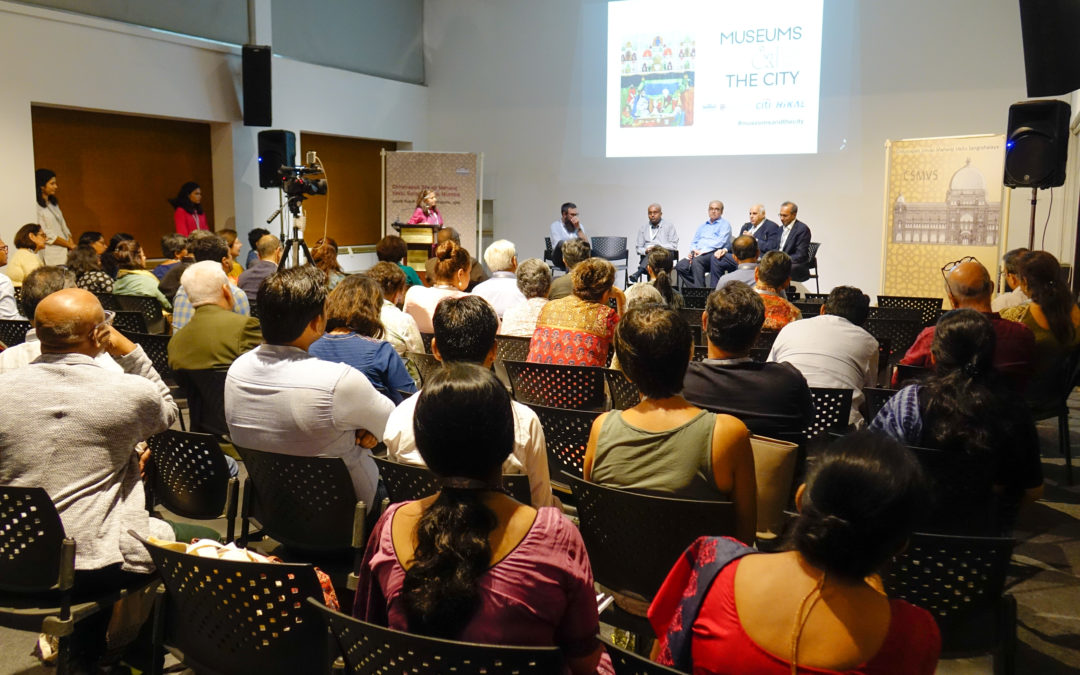A Tale of Three Cities: Agrarian-Urban Transformation in Western Maharashtra
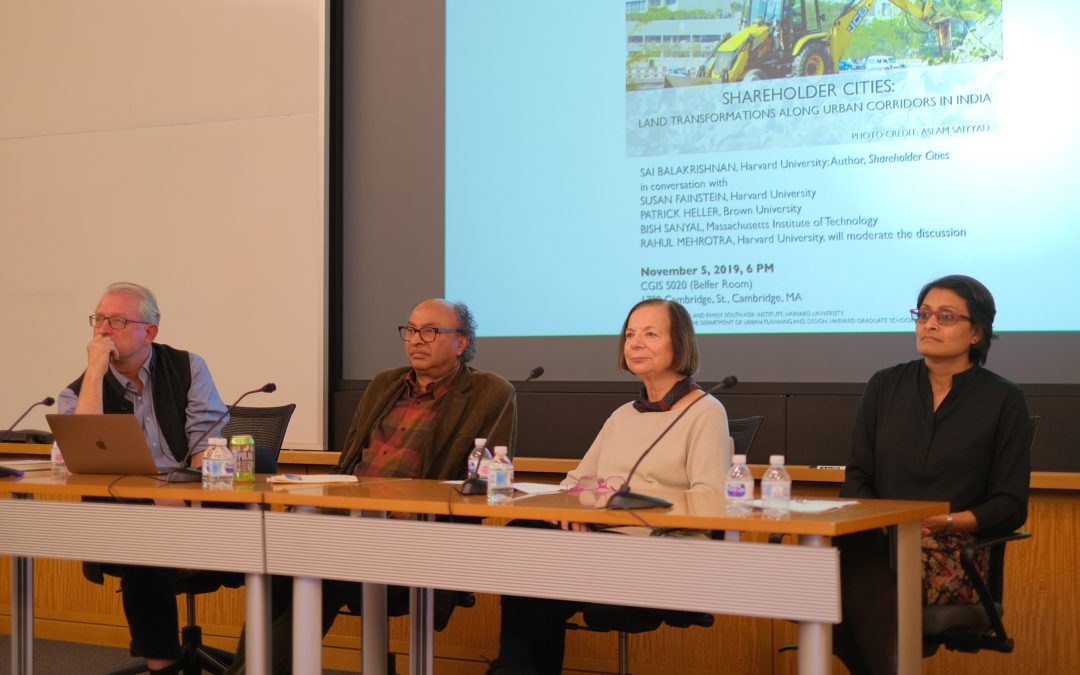
“If we look at some of the most contentious land conflicts over the past decade, we realize that the new economic corridors are not anachronistic to the agrarian countryside. Instead, they accrete onto former agricultural modernization programs of the Green Revolution. The Green Revolution helped consolidate … provincial propertied classes — and these agrarian propertied classes are at the forefront of these corridor conflicts,” said Sai Balakrishnan, Assistant Professor of Urban Planning at the Harvard Graduate School of Design, in her talk this week on economic corridors in India and the infrastructural urbanizing development projects that come with them.


